
Rescue missions: Switzerland remains grounded
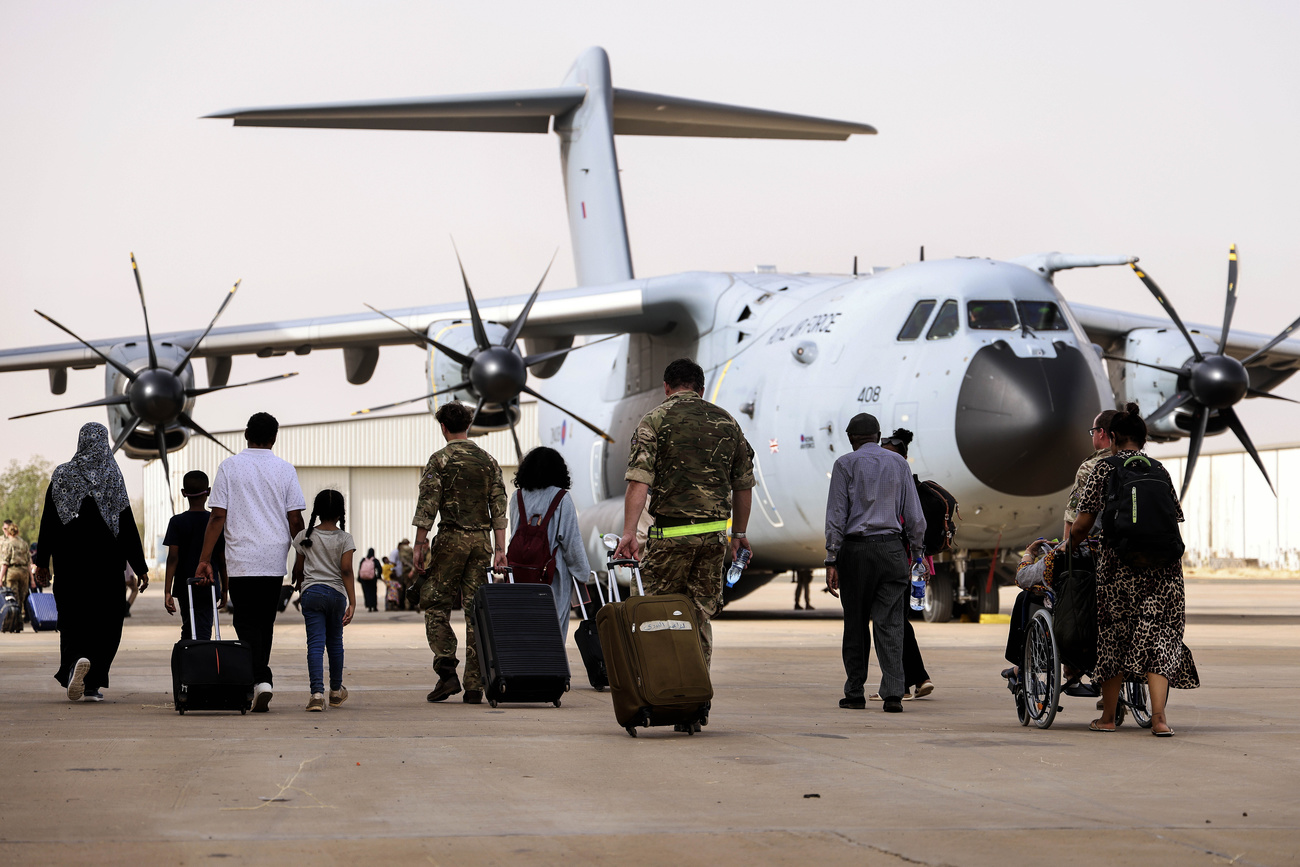
Switzerland is widely regarded as a well-organised and capable nation. However, the unfolding of events in Sudan saw the country scrambling to take action and rely heavily on its European allies to evacuate its citizens. Our federal politics analyst Balz Rigendinger looks at why Switzerland does not own a military cargo plane.
In theory, Switzerland is highly prepared for a crisis abroad. The country maintains specialised elite troops, has highly qualified rescue forces and an elaborate crisis management centre. But materials and personnel must be able to be transported to crisis areas. This is where the situation becomes complicated.
Switzerland does not have a multifunctional transport aircraft. This decision is deliberate, with parties on both sides of the political spectrum having blocked an acquisition several times, most recently in March 2022.
The lack of this aircraft reflects the dichotomy of the Swiss image in international affairs. On one hand, it is internationally connected and engaged in a wide range of humanitarian activities. On the other hand, Switzerland is a country which prefers to operate autonomously and looks out for itself. But Switzerland frequently finds the capacity of what it can undertake is limited due to its size.
Well-equipped partners
Responding to major crises, however, cannot happen in a silo. Operations like the recent one in Sudan’s capital, Khartoum, during which countries scrambled to evacuate their citizens, are always carried out in close international cooperation. In the case of Sudan, the European rescue operation was coordinated by the EU.
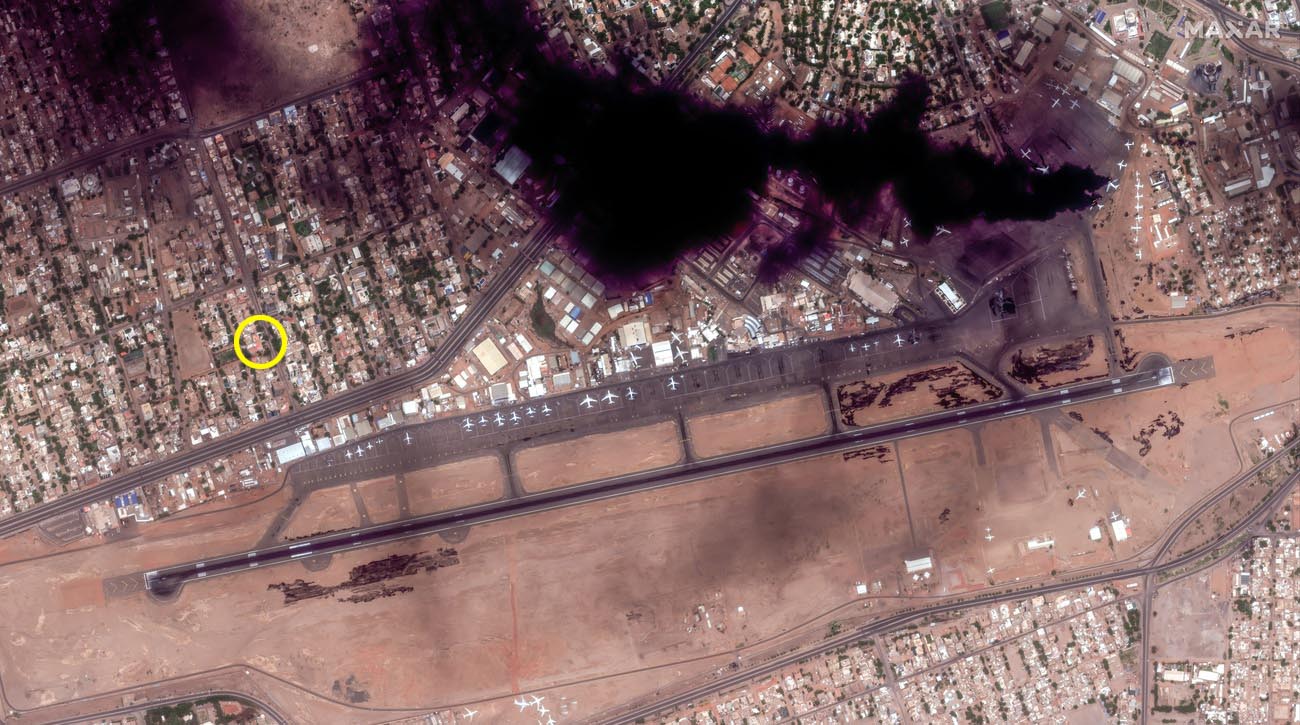
More
Evacuations out of crisis areas: What you need to know
Switzerland is part of the European crisis management system which mobilises joint EU resources in case of a crisis, and it is building partnerships through joint operations in crisis prevention and training. “The contacts are there. The better the contacts, the better the actual crisis management occurs,” says ambassador Serge Bavaud, who heads the foreign ministry’s Crisis Management Centre, to Swiss public radio, RTS.
Until now, it is these contacts that have allowed Switzerland to benefit from the flight capacities of their European partners. Following the evacuation of the Swiss embassy staff from Khartoum, the Swiss ambassador to Sudan, Christian Winter, spoke to the press at the Bern-Belp airport, and said they were acutely aware that they would have to request foreign assistance: “it was always clear: we cannot manage this ourselves. We would have to attach ourselves onto another evacuation operation”.
Anti-aircraft alliance
This is not the first time the need for a multipurpose aircraft has been raised. Most recently the issue was raised in March 2022. However, previous proposals made in parliament to acquire an aircraft have been prevented by an alliance of left-wing and right-wing parties.
Right-wing parties are open to the possibility of armament, but are strictly opposed to the Swiss army becoming active in other countries. The left, on the other hand, would willingly invest in humanitarian aid and assistance, but is fundamentally critical of armament.
‘Betrayal of the Swiss Abroad’
Now, after the evacuation operation in Sudan, the issue is back on the table. Swiss security analyst Oliver Hegglin, an army officer working in peacebuilding operations, has been lobbying for the procurement of such an aircraft for years. In a written contribution publishedExternal link in 2021, he calls Switzerland’s lack of a military aircraft transport a “stain on the country’s humanitarian tradition and a betrayal to Swiss citizens abroad who are at the mercy of other states in times of need”.
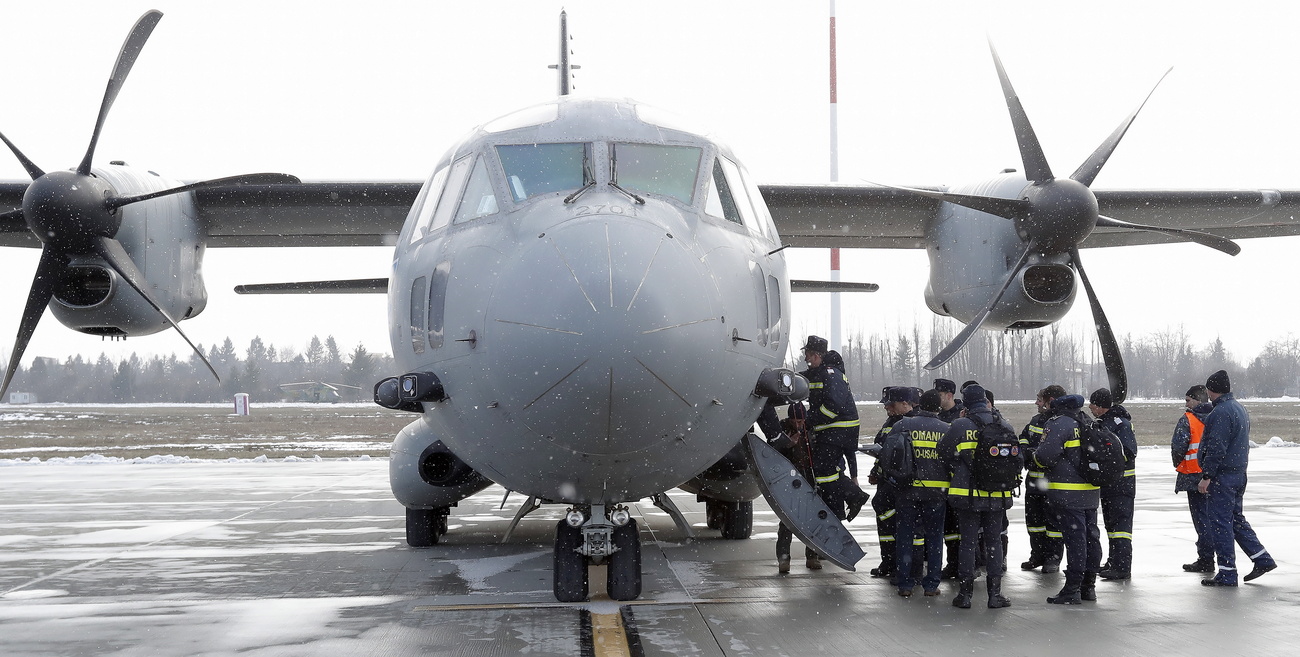
Long term costs
The long-term expense of such an aircraft is the primary reason the Swiss government does not see such an acquisition as a priority. Following the purchase of such an aircraft, the next question to be addressed is that of its utilisation: when would it be used, and would its use justify the cost? The state therefore prefers to rely on the possibility of chartering civilian aircraft from a European partner on an as-needed basis.
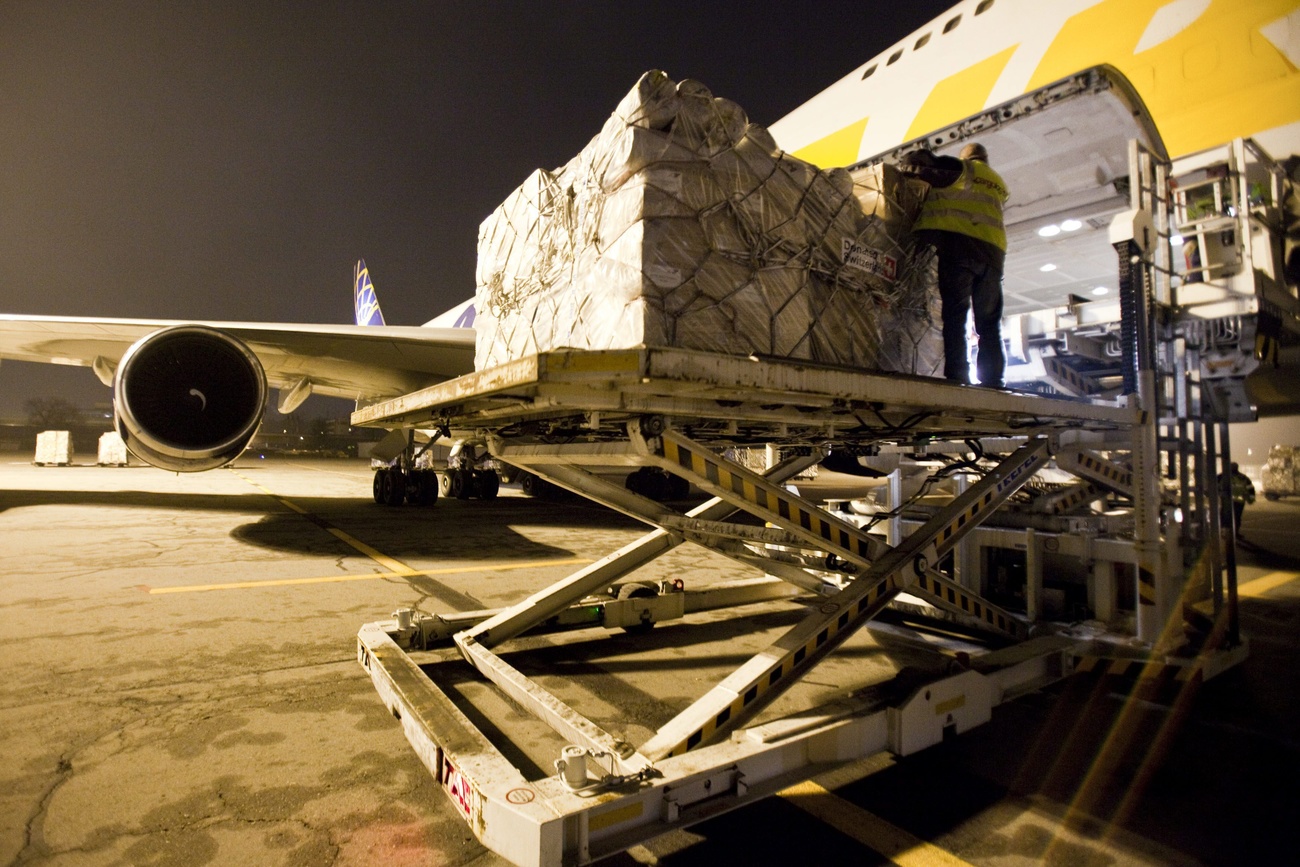
But it is not only the emergency evacuation from Sudan that has once again highlighted the need for a multipurpose aircraft. The discussion is taking off again due to various geopolitical situations abroad. The war against Ukraine is one example that has put Switzerland’s neutrality and its diplomatic decisions under a microscope.
Swiss contribution
The Swiss capacity to contribute with aircraft transport might provide a way in which the state could correct its fraying image as an idle beneficiary of NATO.
This would be a neutrality-compatible contribution by Switzerland to the Western alliance. And it would also be an answer to the looming question of utilisation. This solution might provide a point of compromise for the left-wing political parties.
As for the right: “I am open to the idea,” says Mauro Tuena of the right-wing Swiss People’s Party and chair of the House of Representatives’ Security Policy Committee to SWI swissinfo.ch, “but not at any price”.
Needs of the foreign ministry
Franz Grüter, also a member of the Swiss People’s Party, chairs the Foreign Affairs Committee of the House of Representatives. Grüter sees an opportunity for an army that can be deployed for various functions, such as for forest fires, aid deliveries, humanitarian aid, rescue operations, earthquakes or evacuations from crisis areas.
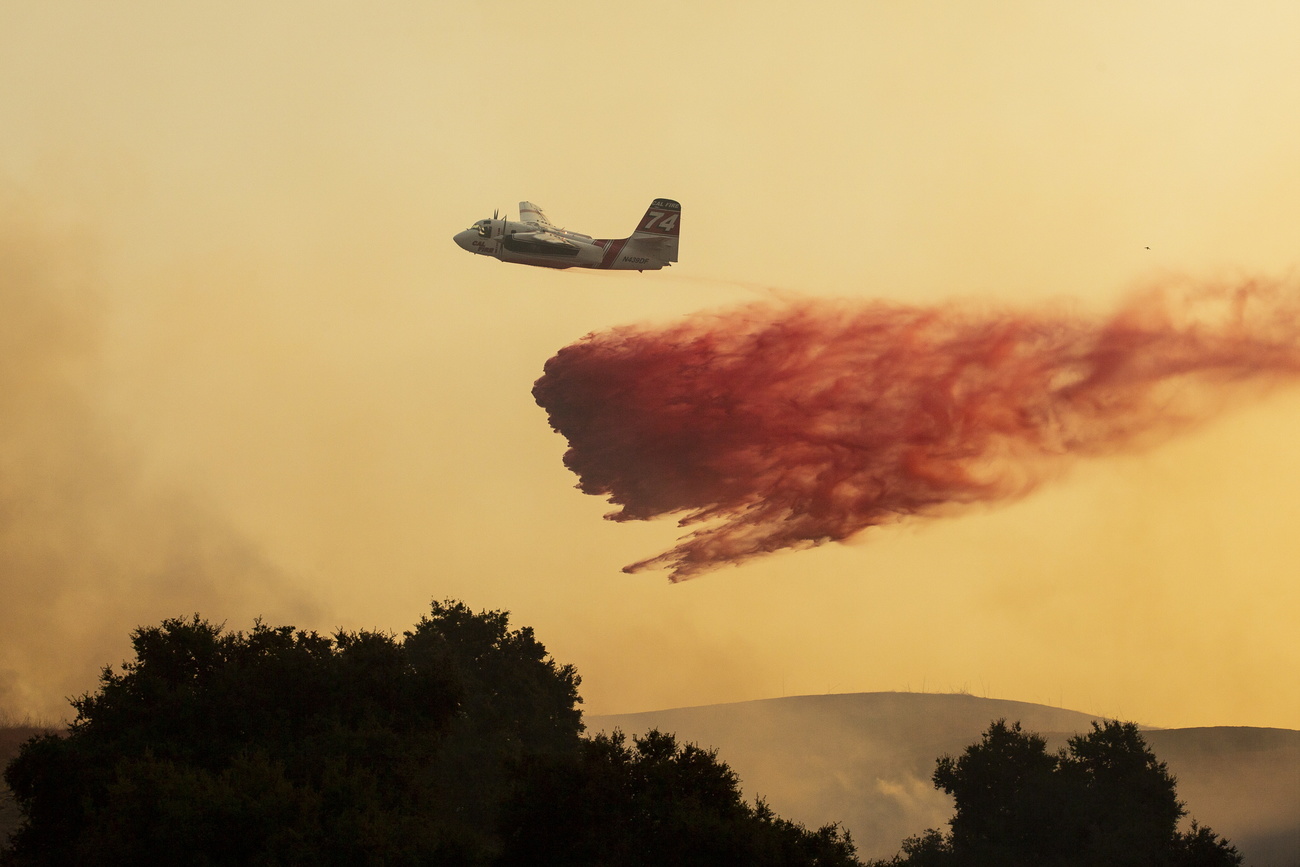
Grüter says he is “amazed that the foreign ministry has never approached parliament with this need.” With this message, he sees a chance for making a formal request to parliament.
After the evacuation of its citizens in Sudan, Foreign Minister Ignazio said to SWI swissinfo.ch that “it is undisputed that the air force’s transport capacities are insufficient with the various crises occurring around us”.

Lacking experience
But would a transport aircraft be the solution for crisis evacuations, like the one that took place in Sudan? Only partly, say experts. The logistics of such operations are complex. States like France and the US first had to negotiate for use of the Wadi Seidna air base. Alexandre Vautravers, editor-in-chief of the Revue Militaire Suisse, tells Swiss public radio, RTS, “We must be realistic. Switzerland has neither the agreements nor the experience in conducting such an operation”.
Elite fighters in a VIP plane
The Swiss Special Forces Command AAD10 would certainly benefit having an aircraft made for these situations. There are many indications that the special unit simply did not make it all the way to Khartoum.
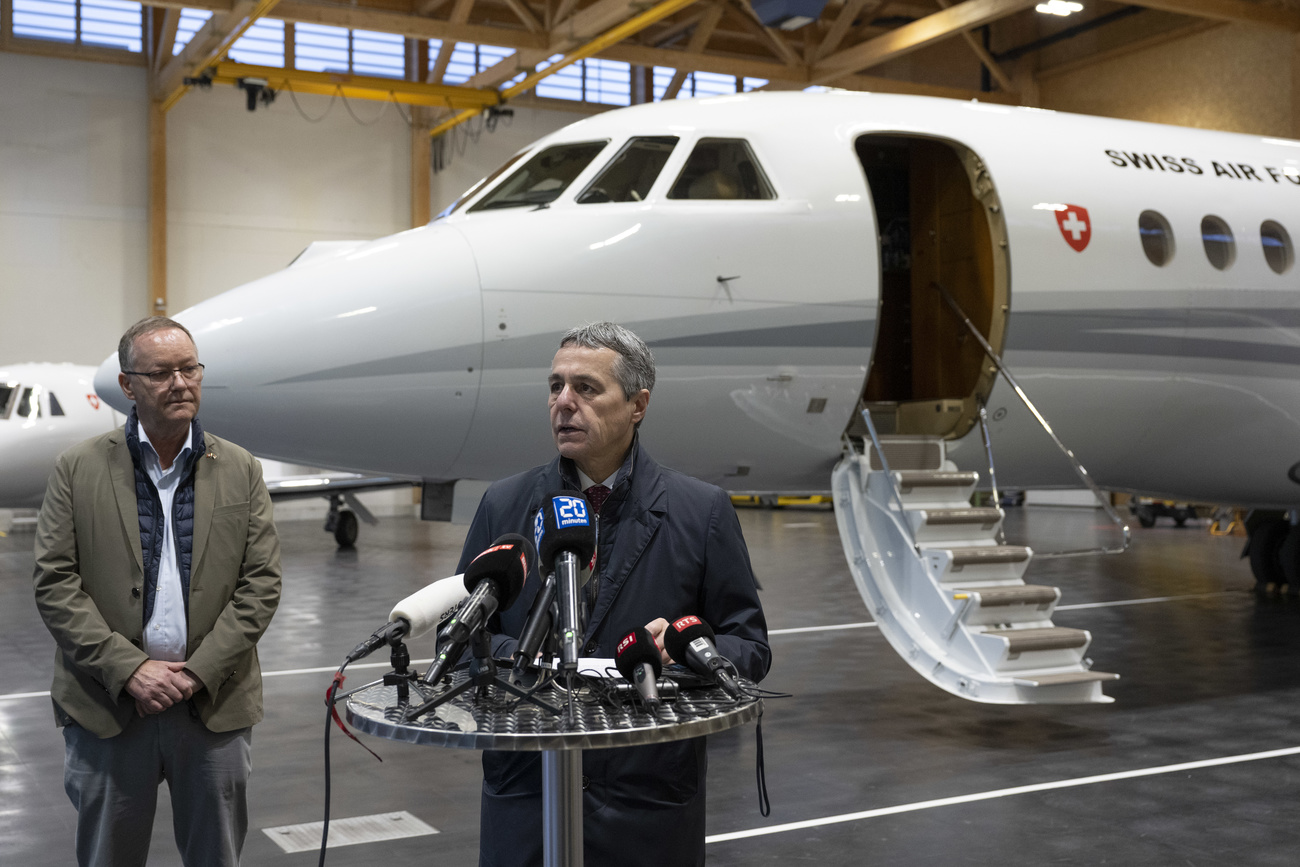
The special unit sent by the Federal Council to Sudan on April 22, flew with the Swiss government jet, a Falcon 900 furnished as a VIP plane. While it is the largest aircraft in the Swiss Air Force, it has room for just 14 people. The Swiss soldiers made it as far as Djibouti.
Was there no means of transport to complete the journey to Sudan? SWI swissinfo.ch did not receive a clear answer to this question, the spokesperson stating that they could not provide a more thorough answer for, “security reasons”.
Translated from German by Alexandra Andrist/vm

In compliance with the JTI standards
More: SWI swissinfo.ch certified by the Journalism Trust Initiative



























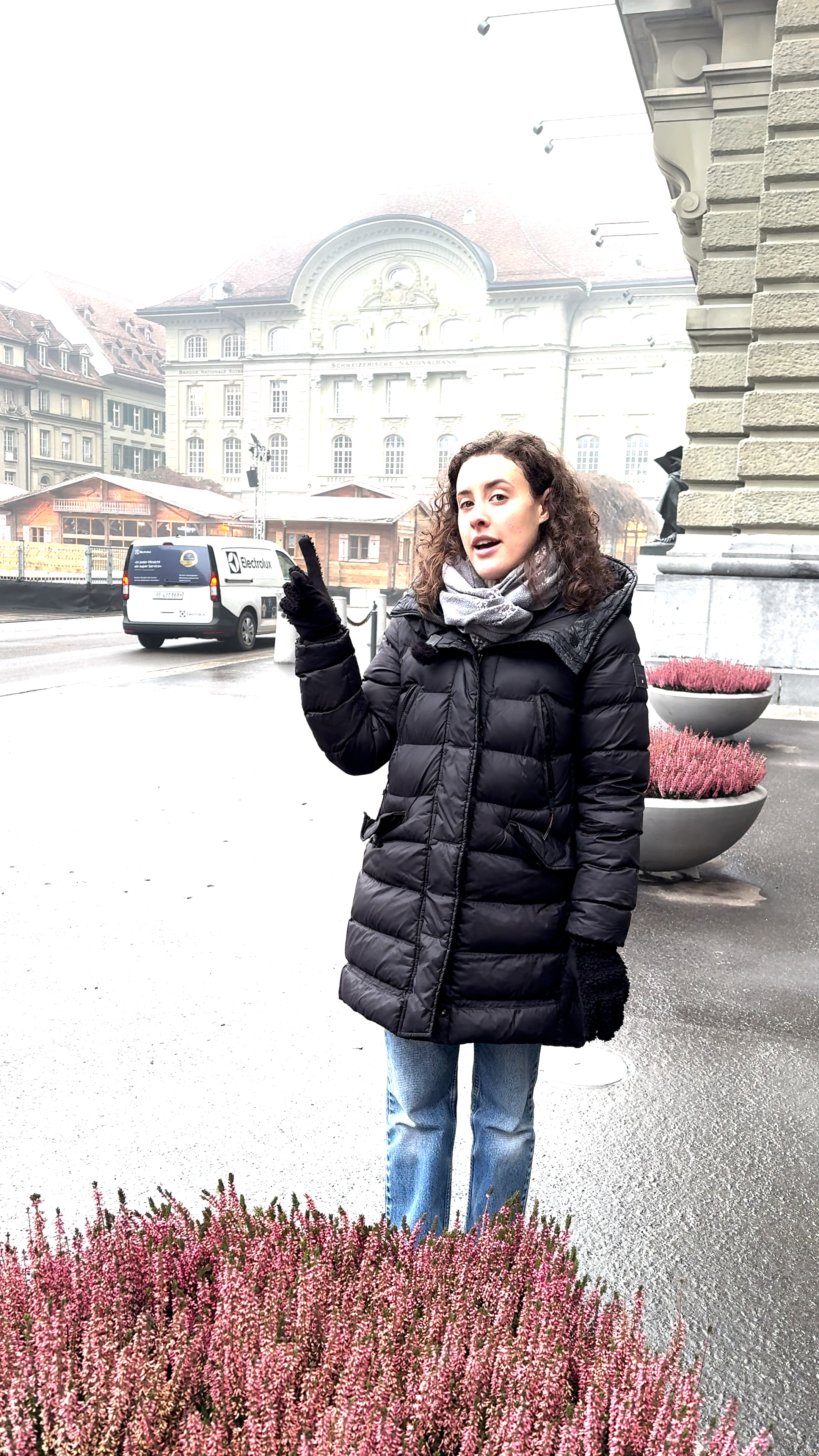



You can find an overview of ongoing debates with our journalists here . Please join us!
If you want to start a conversation about a topic raised in this article or want to report factual errors, email us at english@swissinfo.ch.